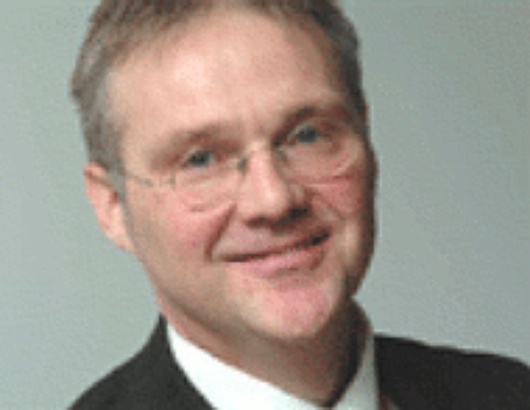“There are no definite plans to create camps outside Europe”
Published on
Translation by:
 eleanor forshaw
eleanor forshaw
Is Europe to become an impregnable fortress? Friso Roscam Abbing, spokesman for Franco Frattini, the European Commissioner responsible for Justice, Freedom and Security, responds to our questions
 Will the constitution reinforce the principle of the free movement of people?
Will the constitution reinforce the principle of the free movement of people?
This is not only Commissioner Frattini’s responsibility; it is also Commissioner McCreevy’s [who is responsible for Internal Market and Services]. As far as Mr Frattini is concerned, there are two important things to know: firstly, that a directive voted on the April 30 2004 which will facilitate the free movement of people will come into effect in April 2006. Secondly, that the constitution will not induce many changes. Only the issuing of passports and identity cards will become a Community responsibility. But let us not forget that the decisions must still be unanimously adopted by the Council. With the Community in charge of passport issuing, border controls will be facilitated because the documents will be harmonised according to certain rules.
What is your position on the creation of refugee filtering camps outside the European Union?
We need to be very clear about this. There are no definite plans or even intentions to create such camps. It was a suggestion by the British premier Tony Blair that was not retained. Mr Frattini opted in favour of a comprehensive policy that brings together development and migrations, that is internal and external affairs, whilst taking into account the international dimension of immigration and asylum. A document entitled Improving access to durable solutions was published in June 2004, and the Foreign Affairs Council adopted its final policies in October 2004. These were reiterated in November in The Hague and Tampere II programmes and reinforced the European Union Regional Protection Programmes. These programmes do not provide for the processing of asylum requests according to their country of origin, country of transit, or European country of arrival. Nevertheless, The Hague programme asks the Commission to carry out two feasibility studies: the first will look at the possibility of processing asylum requests within the EU and jointly with the country of origin; the second will look at the possibility of processing asylum request jointly with the country of origin, but this time, outside the EU.
According to the European Parliament, the deportation of refugees from Lampedusa in Italy to Libya did not conform to European conventions and international law. Will the European Constitution help to avoid events of the same kind?
The Vice-President Frattini has asked his counterpart, [Italian Interior Minister] Pisanu, for a report on the Lampedusa affair. We do not yet have this detailed information. Moreover, the Commission does not yet lawfully have the right to begin infringement proceedings against countries that do not respect Community asylum procedures. A directive still needs to be adopted in this respect, and we will have a two year transition period from then on. Aside from the constitution, The Hague programme is also important: it has clearly highlighted the fact that the EU must give support to member states, such as Malta and those on the eastern frontier (Slovakia, for example), whose geographical position means that their borders suffer from added pressure. Technical, legal and of course economic help is necessary. Franco Frattini suggested a project that would be applicable within the new financial budget of 2007-2013. He is considering the creation of a fund for the return of refugees to their own country (after careful examination of their file), a fund for outer borders and a European fund that would compensate those member states that take in more refugees than others. Malta for example, due to its size, cannot integrate refugees as easily as countries that have greater means. In the constitution, asylum policy is part of the general solidarity and cost distribution principles. Obviously, it is possible to doubt the efficiency of such political rhetoric, but these funds would allow these political decisions to become a reality.
So an EU immigration policy would not bring about a loss of control?
As far as legal immigration is concerned, the constitution reconfirms member states’ responsibility in the management of immigrants that have been allowed to stay on their soil. This is for economic reasons. Nevertheless, with regard to the criteria on which those authorisations are based and the rights of the immigrants, a more general approach is due. The European Council has asked the Commission to put in place a harmonised approach that would improve the management of migratory movements.
Translated from « Pas de camps hors de l’Union »


